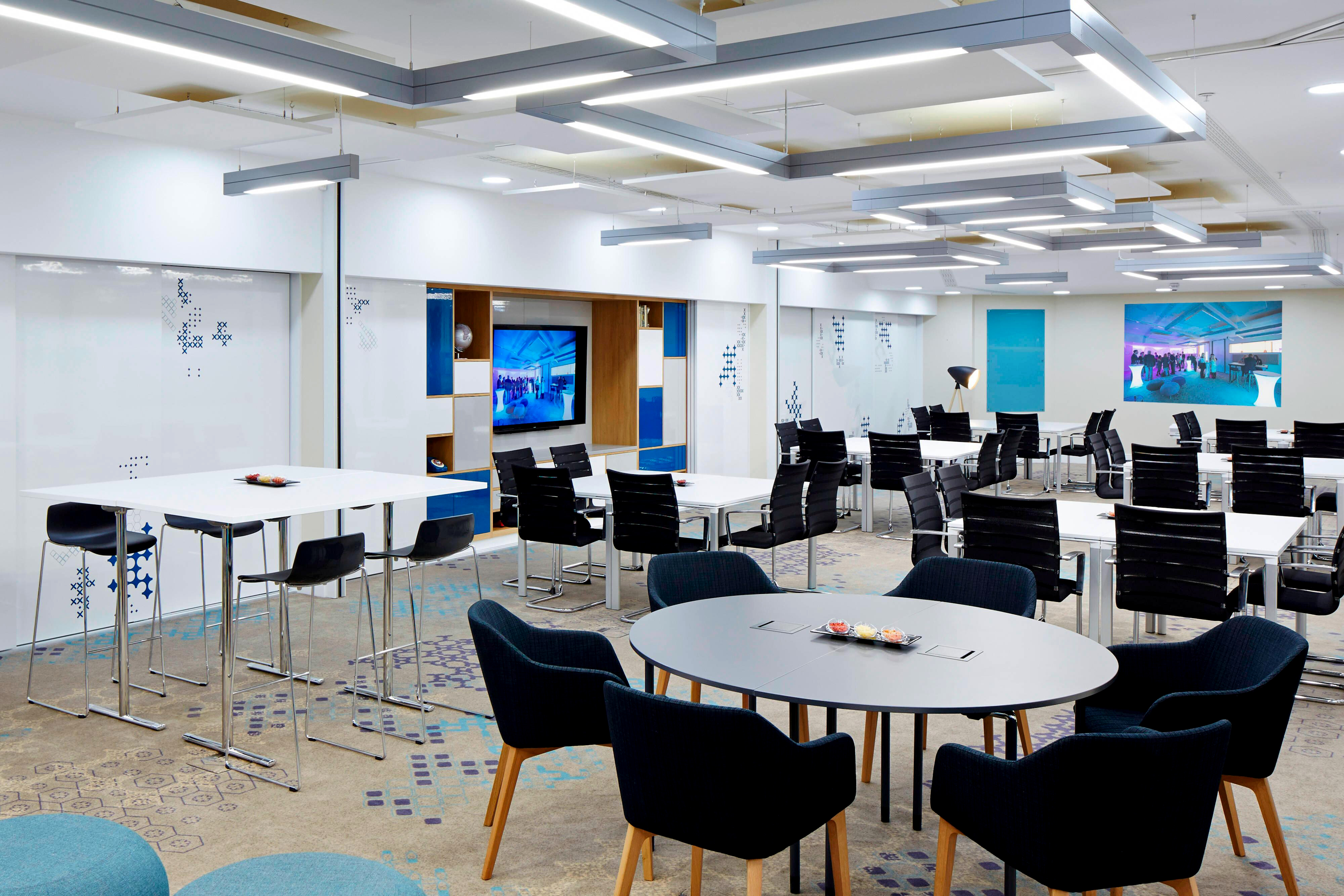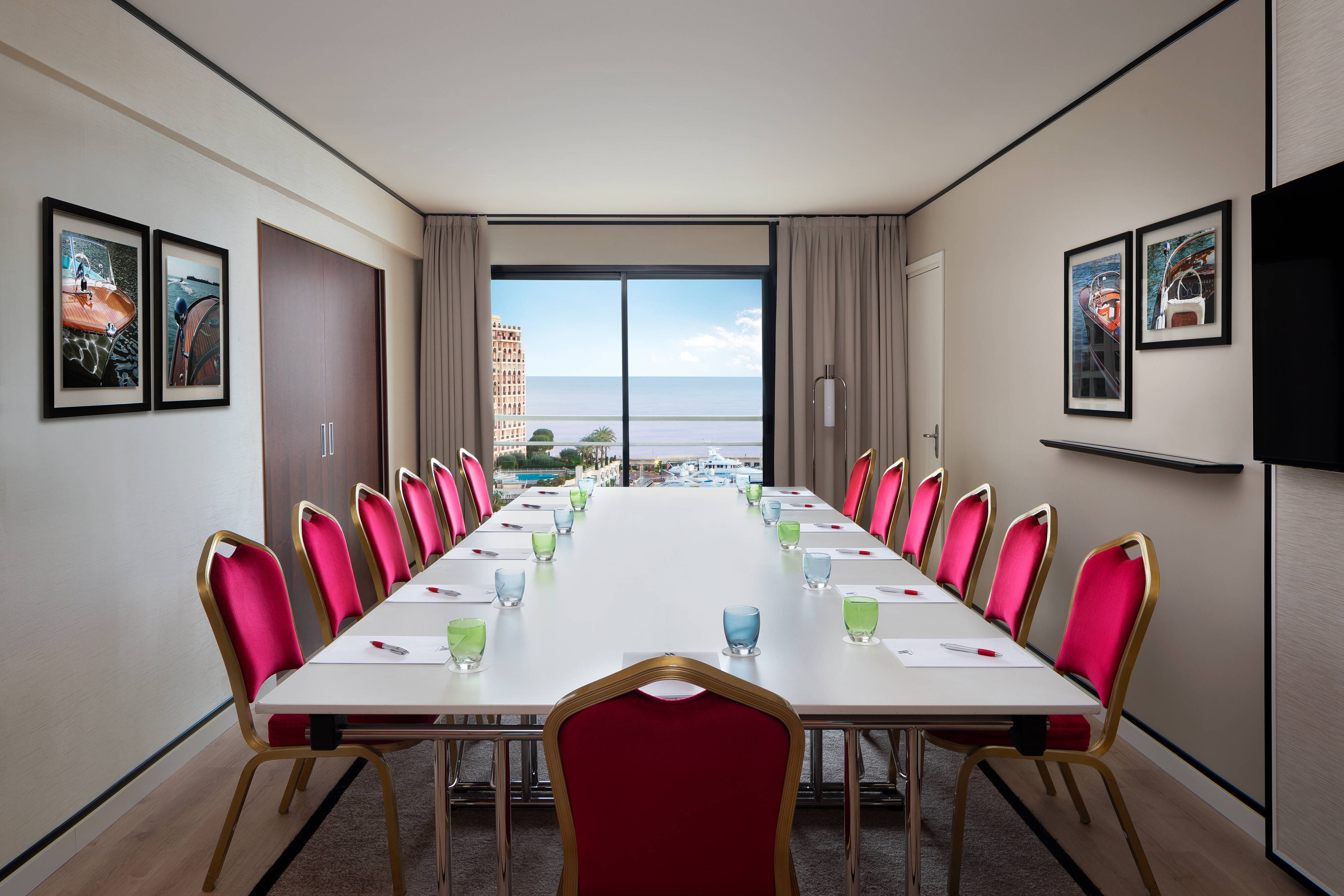Fixed furniture in hotels is one of the key aspects of a hotel’s façade, which makes the cleanliness of guest room furniture particularly crucial. The fixed furniture creates the guests’ first impression upon entering the room. When cleaning, we should be careful not to use rough cloths or old clothes to wipe the furniture. Regular cleaning to prevent dust from accumulating is the best way to maintain hotel fixed furniture.

Customization:
We generally choose to custom-make guest room furniture because we want to express our personality and showcase our style and design. Furniture manufacturers indicate that it is important to avoid the awkwardness created by pairing simple decoration styles with luxurious furniture. The selection of furniture should consider factors such as the geographical location of the hotel and apartments, the target customer demographic, room pricing, and investment constraints. It should center around the guests’ preferences and consumption perspectives, as well as reasonably designed furniture and product styles, to compensate for any deficiencies in the building and decoration, thereby enhancing the hotel’s quality and uniqueness.

Environmental Protection:
Materials used in furniture, such as particle board, fiberboard, glue, and paint, can release harmful gases that negatively affect human health. Since hotel and apartment rooms are relatively enclosed, gases that irritate the eyes and nose can directly impact occupancy rates. The environmental friendliness of furniture has become one of the important factors for modern travelers when choosing hotels.

Flame-Retardant Features:
Hotels often lay down carpets to make guests feel comfortable walking on them. However, it is crucial to choose carpets that are fire-resistant and heat-resistant. Ignited cigarettes, matches, and similar items can damage the surface of the furniture and, in severe cases, may lead to fires. Thus, the flame-retardant features of guest room furniture should not be overlooked.

In hotel and apartment rooms, fixed furniture often suffers damage from water and humidity. Spills of tea, steam from bathrooms and saunas, contact with bathing towels, and seasonal humidity changes can lead to issues such as exposed and peeling edges, warping of boards, surface cracking, bubbling, and mold growth. Therefore, when purchasing furniture, it is essential to pay attention to its waterproof and moisture-proof features.
